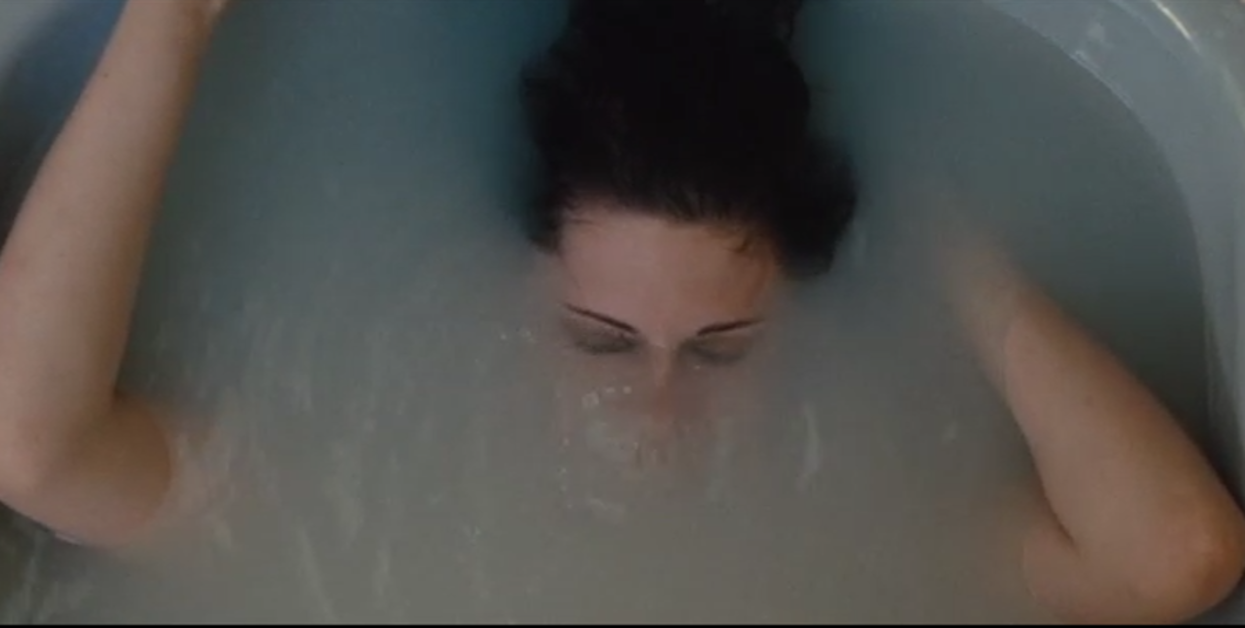Ordinary Media

with James Hodge
Associate Professor, Northwestern University
Sponsored by the Department of Film & Media as part of the Berkeley Film & Media Seminar
In the 1990s the emergence of the World Wide Web changed the media landscape decisively if uncertainly. In the first decade or so of the 2000s the tectonics of that media landscape again shifted with the rise of always-on computing: the milieu of smartphones, social media, and ubiquitous wireless networks. This second shift may be seen as one from “new” media to “ordinary” media. Such ordinary media are characterized by the popular embrace of a remarkable number of new networked genres, including supercuts, selfies, ASMR videos, animated GIFs, memes, podcasts, tweets, and much else. This talk focuses on artistic expressions of this new terrain, arguing that these genres embody strategies of provisional attunement to the vicissitudes of the historical present precisely in their resolute expression of the literal, experiential idiom of self-affection whose primal scene remains the swiping, scrolling, and tapping actions of smartphone use. As a case study, the talk will discuss Jennifer Proctor’s experimental 2017 supercut Nothing a Little Soap and Water Can’t Fix.
James J. Hodge is Associate Professor in the department of English and the Alice Kaplan Institute for the Humanities at Northwestern University. His essays on digital aesthetics have appeared in Critical Inquiry, Triquarterly, Postmodern Culture, and elsewhere. His book Sensations of History: Animation and New Media Art was published in October 2019 by the University of Minnesota Press.
